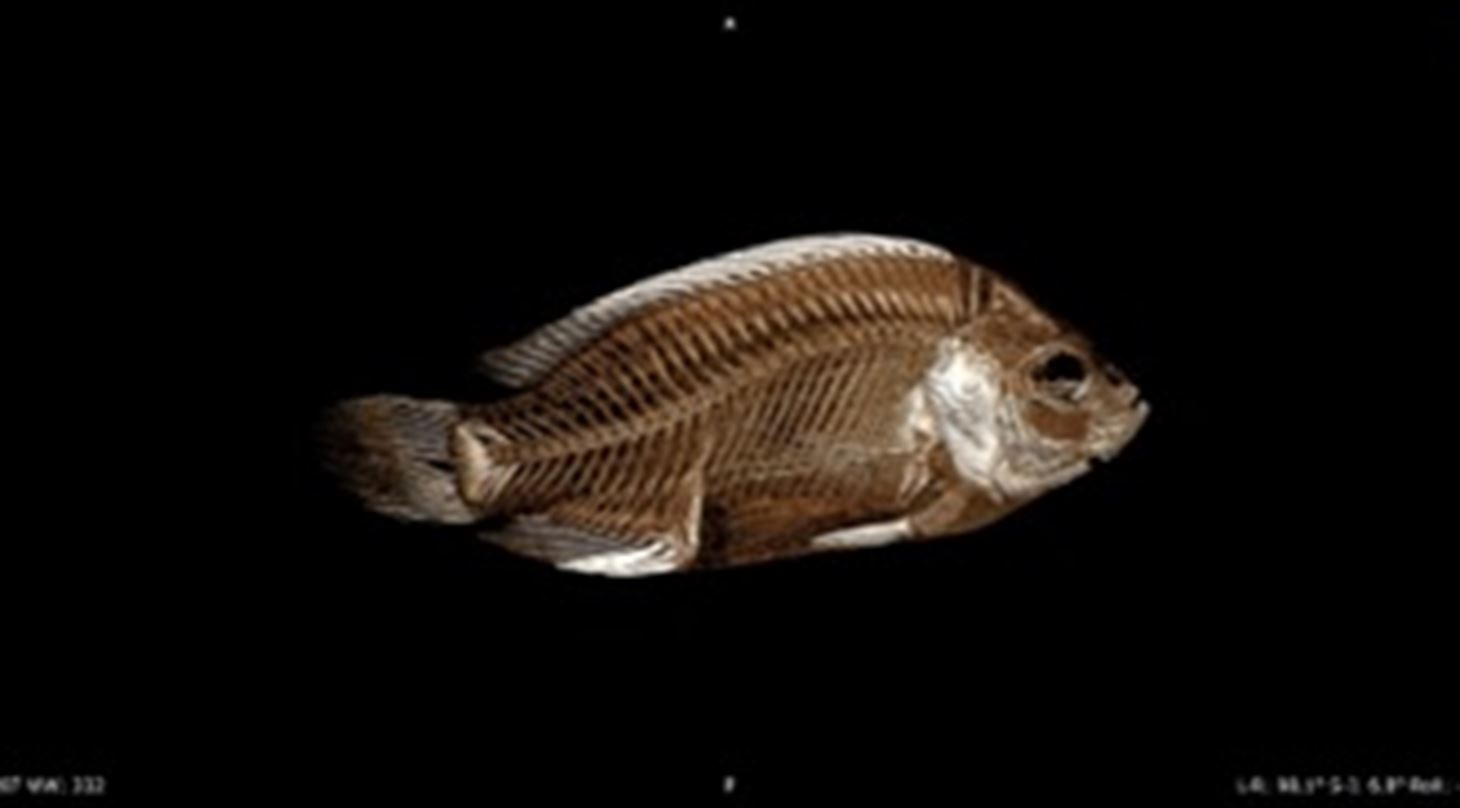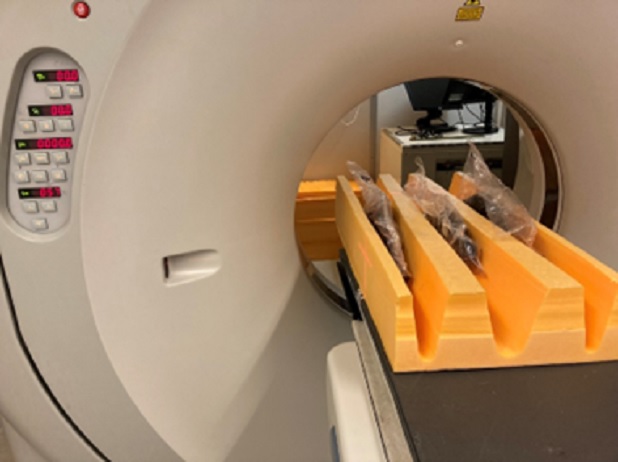
Optimisation of the fishing industry through AI and sensor technology
In the fishing industry, the key to progress and innovation is to integrate technical solutions to increase both efficiency and product quality. Using advanced sensor technologies and algorithms within artificial intelligence (AI) and machine learning, it is possible to achieve grounded optimization in both farming and processing processes. These technologies promote accurate data collection and analysis, which is essential for improving yields and assisting decision-making.
Monitoring and analysis
Effective aquaculture depends on many different factors and requires a broad understanding of many different parameters that directly and indirectly affect aquaculture. With real-time data collection from advanced sensors, critical variables such as water quality, temperature, and oxygen level changes can be continuously monitored. AI algorithms process these data along with models and growth pattern measurements to predict and optimize growth conditions and improve fish health and growth rate.
Process optimisation in fish refinement
Sorting, cleaning, and filleting are vital for product quality and efficiency. Using new technologies, these processes can be monitored and provide feedback to the production system with the possibility to improve the process and ensure product quality. Vision systems or hyperspectral vision equipped with AI algorithms can analyze images in real time to classify fish by species, size, and quality. This creates a more accurate and cost-effective sorting of fish, which may not necessarily be visible to the human eye.
The integration of AI and sensor technology in the fishing industry represents a fundamental shift towards a more data-driven production paradigm. This approach not only improves the economic aspects of fish farming and processing, but also contributes to sustainability initiatives by reducing resource consumption and environmental impact. By continuing to invest in research and development within these technologies, we can continue to refine and adapt these systems for even greater precision and efficiency. If you want to know more about how we can help you create a better and more productive fish production, please contact Dennis Brandborg Nielsen by filling out the form on the right. Together, we can create a more productive and innovative future for the fishing industry.
